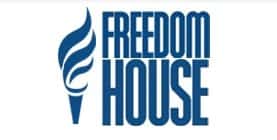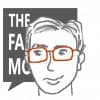
'Freedom on the Net 2013' report, the fourth in a series of study by the Freedom House, an independent watchdog organization dedicated to the expansion of freedom around the world, covers key trends in the internet freedom in 60 countries through the evaluation of the obstacles to access, limits on content and violations of user rights. According to Freedom House, broad surveillance, new laws controlling web content, and growing arrests of social-media users drove a worldwide decline in internet freedom in the past year. However, activists are becoming more effective at raising awareness of emerging threats and, in several cases, have helped forestall new repressive measures.
According to the report, 34 out of 60 countries assessed experienced a decline in internet freedom. Notably, Vietnam and Ethiopia continued on a worsening cycle of repression; Venezuela stepped up censorship during presidential elections; and three democracies—India, the United States, and Brazil—saw troubling declines. Iceland and Estonia topped the list of countries with the greatest degree of internet freedom. While the overall score for the United States declined by 5 points on a 100-point scale, in large part due to the recently revealed surveillance activities, it still earned a spot among the top five countries examined. China, Cuba, and Iran were found to be the most repressive countries in terms of internet freedom for the second consecutive year.
“While blocking and filtering remain the preferred methods of censorship in many countries, governments are increasingly looking at who is saying what online, and finding ways to punish them,” said Sanja Kelly, project director for Freedom on the Net at Freedom House. “In some countries, a user can get arrested for simply posting on Facebook or for “liking” a friend’s comment that is critical of the authorities,” she added
|
 Openet
Openet

